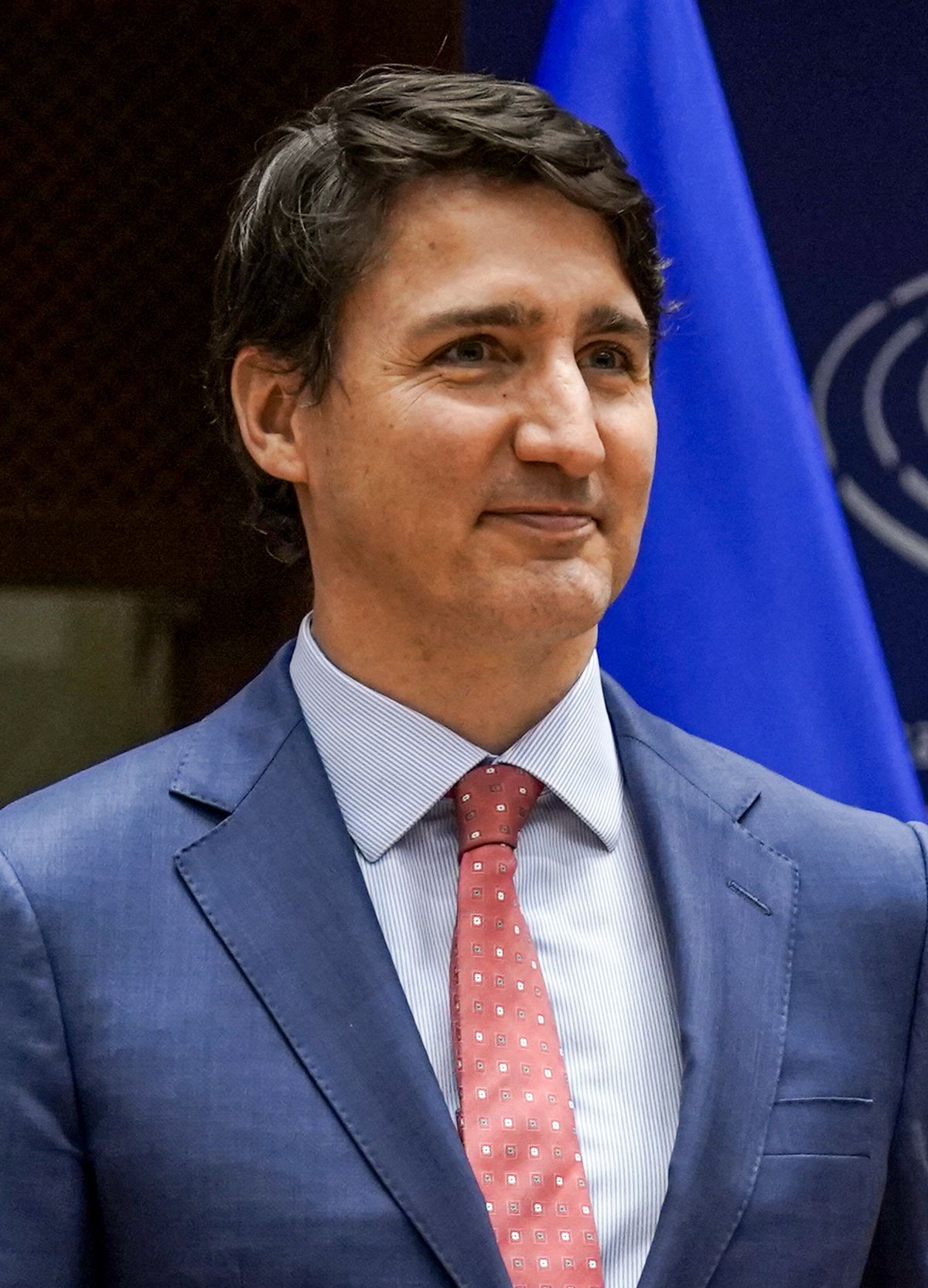NASSAU/PORT-AU-PRINCE, (Reuters) – Canadian Prime Minister Justin Trudeau yesterday said he would deploy Royal Canadian Navy vessels off the coast of Haiti in the coming weeks, in the midst of the island’s humanitarian and security crisis.
“We are working closely together to help,” Trudeau said in a speech at a conference in the Bahamas for the Caribbean bloc.
The vessels will not be used to intercept Haitian migrants, he later said, with the main goal being to conduct surveillance alongside Canadian aircraft deployed last month.
Trudeau also announced sanctions on two unnamed Haitian individuals for gang involvement, bringing Canada’s total sanctioned people to 17.
Later Thursday, U.S. Secretary of State Antony Blinken announced the United States would impose visa restrictions on 12 people related to crime in Haiti.
Escalating gang violence has left hundreds of Haitians dead and thousands displaced. Cholera also re-emerged late last year.
The United Nations in October suggested a “rapid action force” be sent to help the national police fight armed gangs, which have grown since the 2021 assassination of President Jovenel Moise.
A January survey found seven in 10 Haitians support the proposed force, though abuses from past missions and support for Prime Minister Ariel Henry’s administration has fueled some scepticism.
On Tuesday, more than 40 civil society representatives signed an open letter rejecting any draft resolution backing Henry’s administration and demanding reparations to the families of those killed in a U.N.-linked cholera outbreak a decade ago.
U.N. envoy to Haiti Helen La Lime has said she is “still hopeful” the force could be created, stressing the need for urgency, though no country has yet volunteered to lead such a force.
On Twitter, people reacted with skepticism over how the deployment of Canadian ships would help the crisis.

